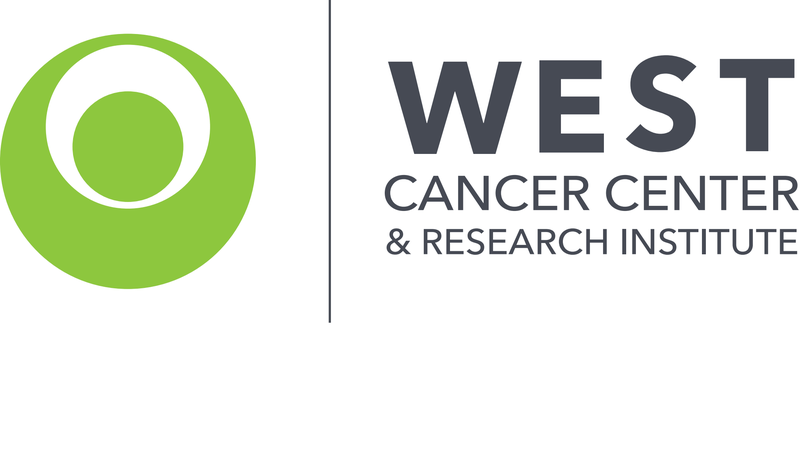
Dr. Tauer on the Potential Implications of Biosimilars on Cancer Research Funding

Kurt W. Tauer, MD, FACP, discusses the potential implications of biosimilars on cancer research funding.
Kurt W. Tauer, MD, FACP, associate professor, Department of Hematology/Oncology, the University of Tennessee Health Science Center, board member, National Comprehensive Cancer Network, and senior partner, chief of staff, West Cancer Center, discusses the potential implications of biosimilars on cancer research funding.
Biosimilars could be an asset in the field of oncology. Although biosimilars could increase the financial feasibility of cancer therapy for patients, they could also negatively impact drug development, according to Tauer. For example, if the profit margin for biologic therapy decreases when biosimilars are brought to market, there could be less funds with which to put toward cancer research. The government may not be willing or able to supplement those expenses, says Tauer.
Such considerations often go unaddressed but will make for important topics of discussion as the community continues to find ways to reconcile the costs of drug development and drug pricing, concludes Tauer.






































